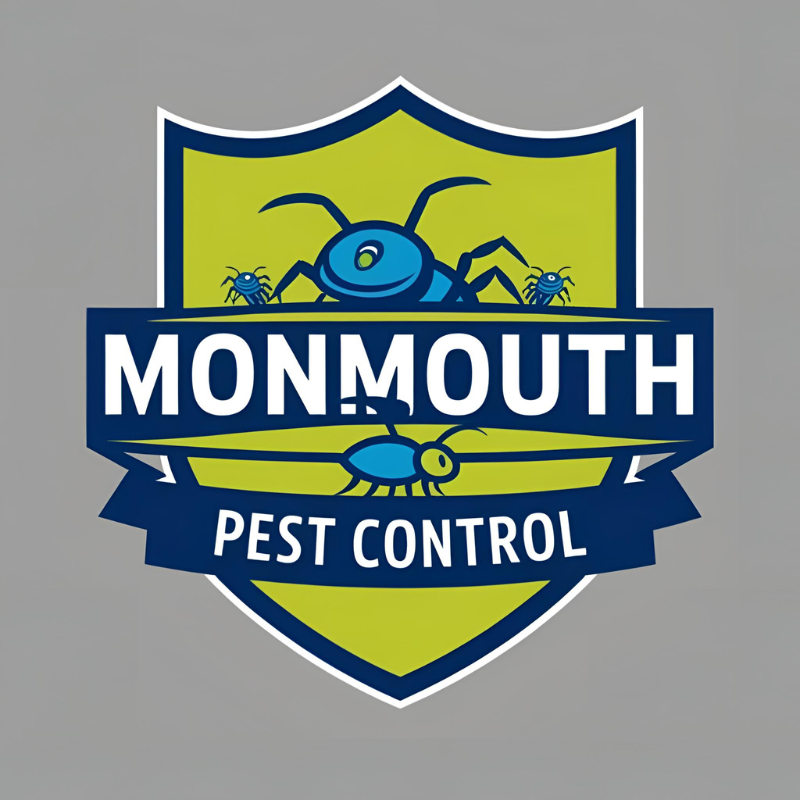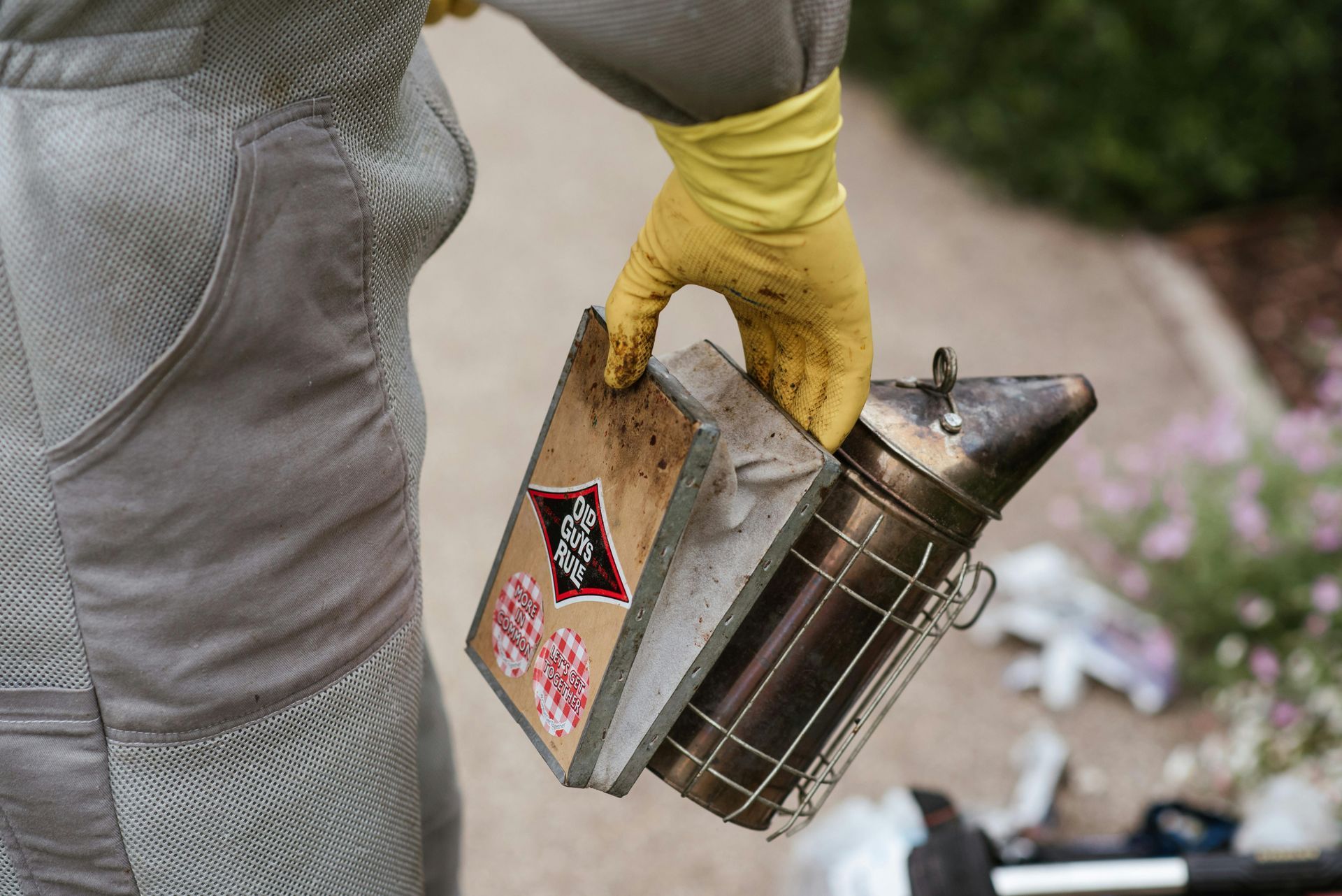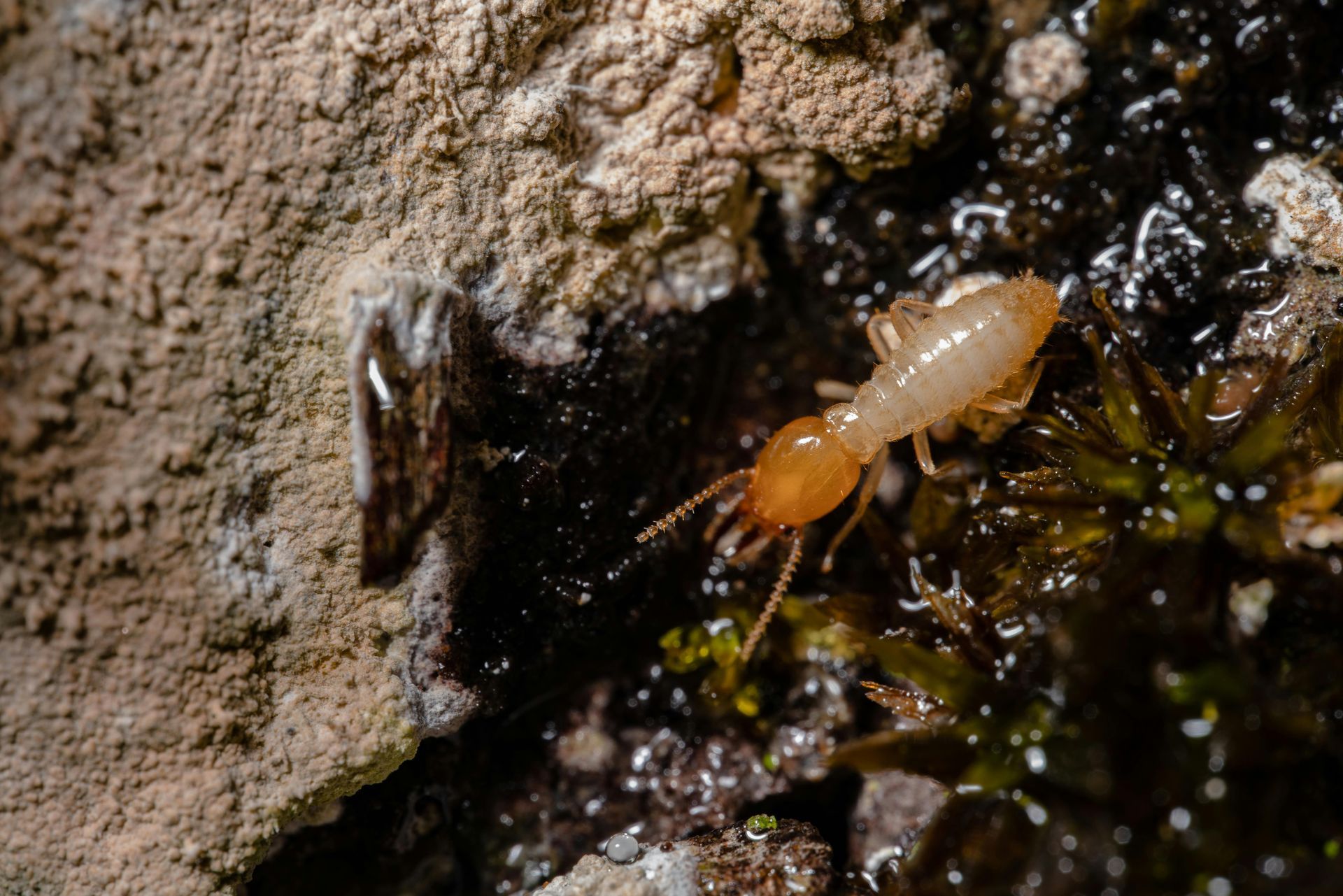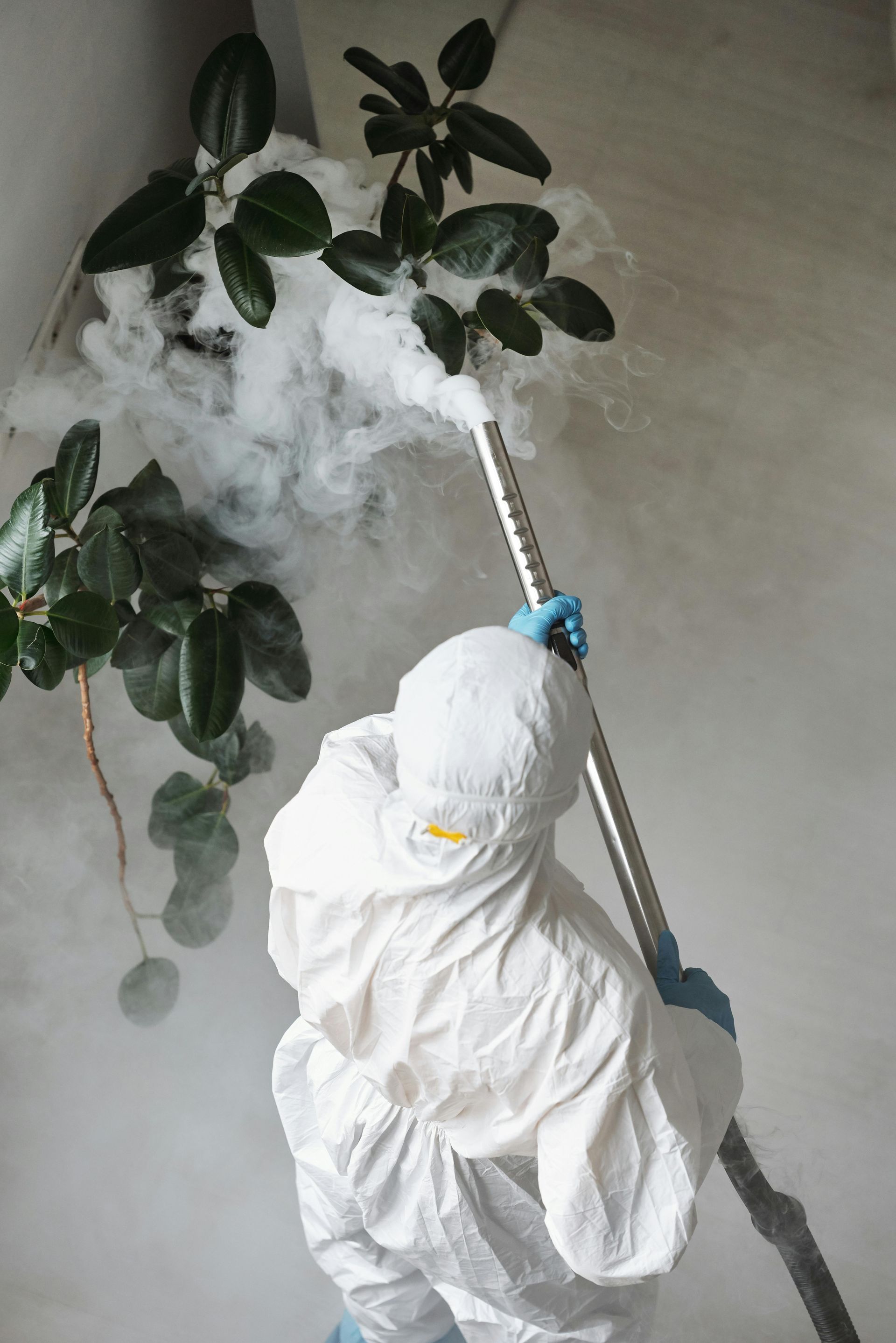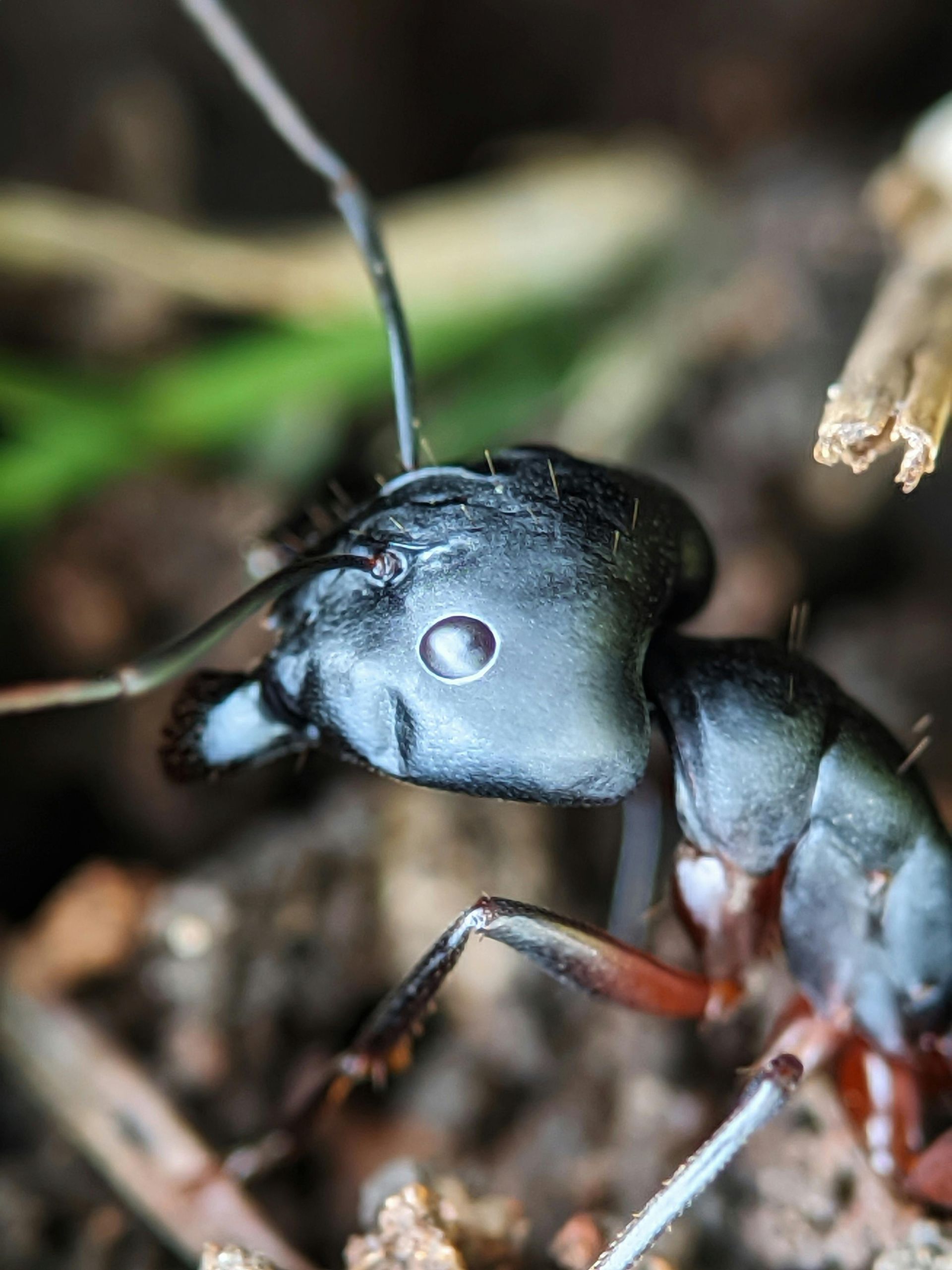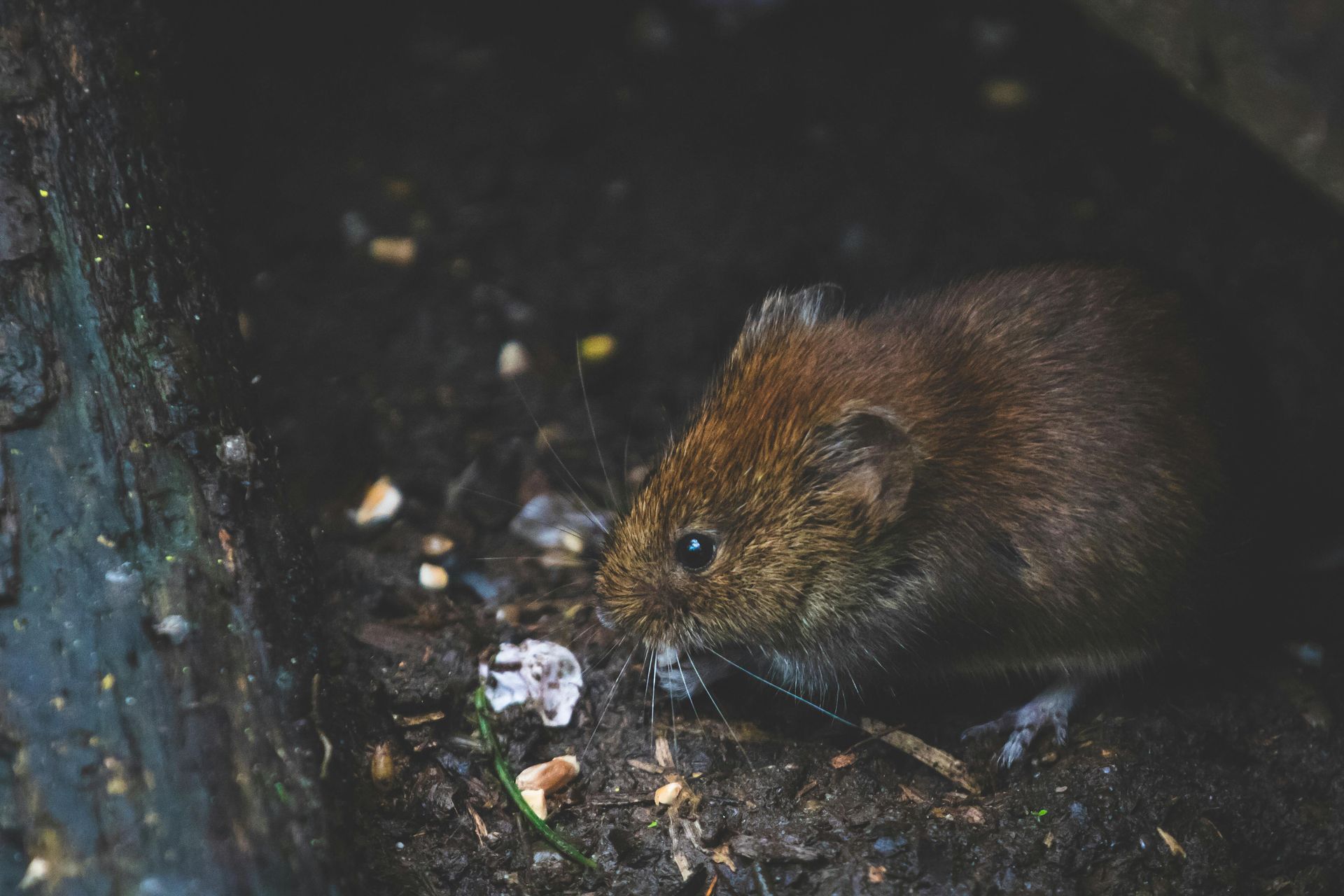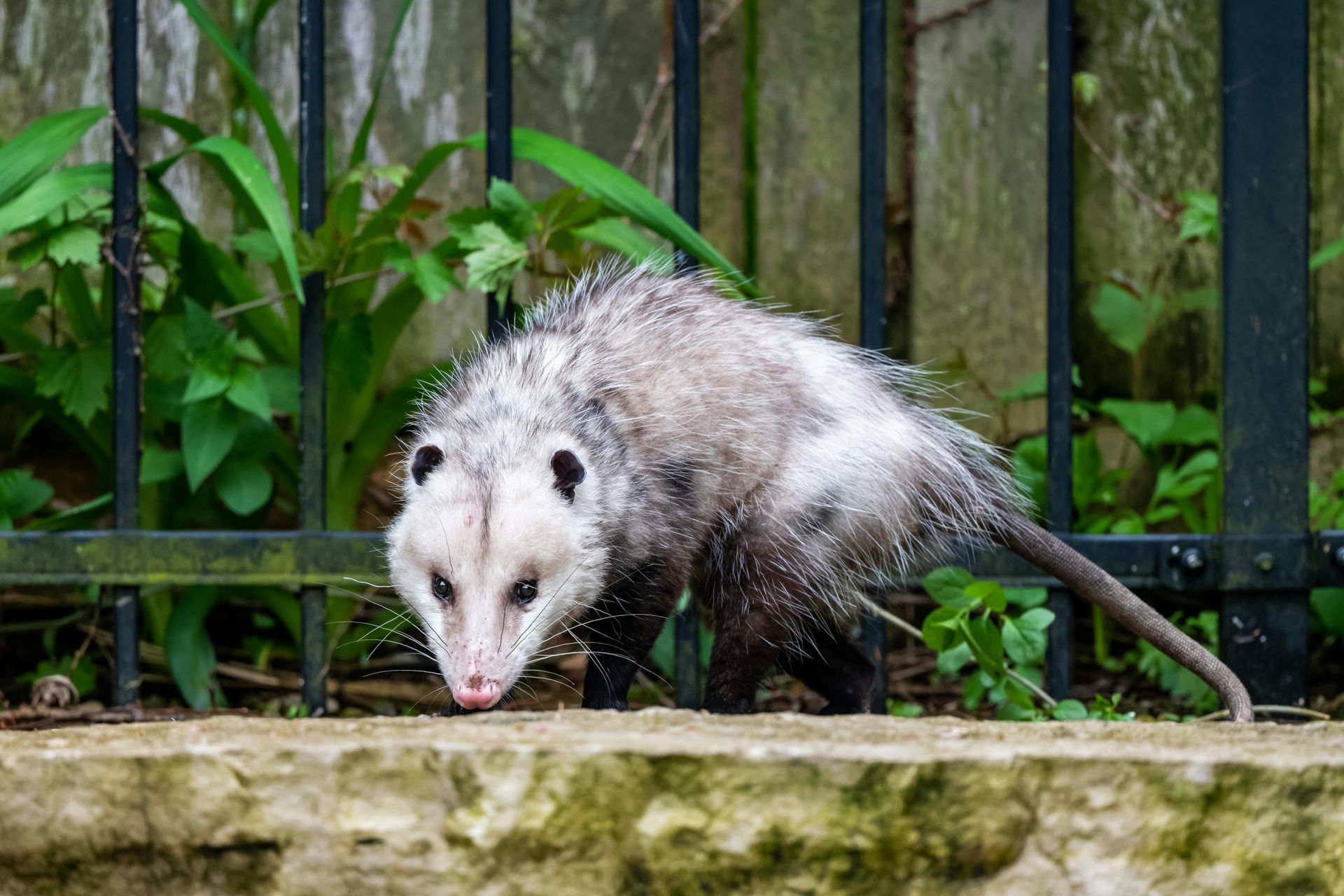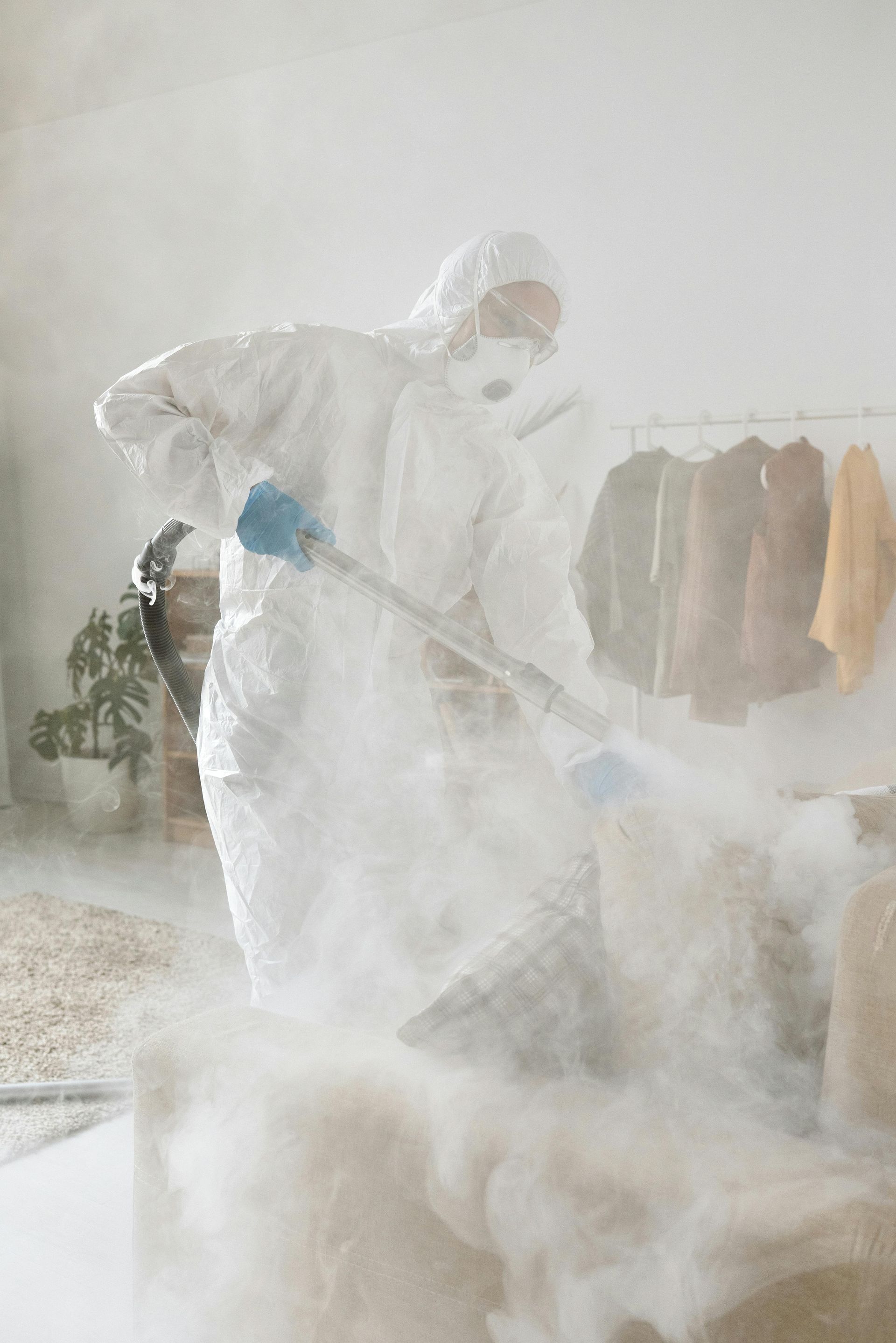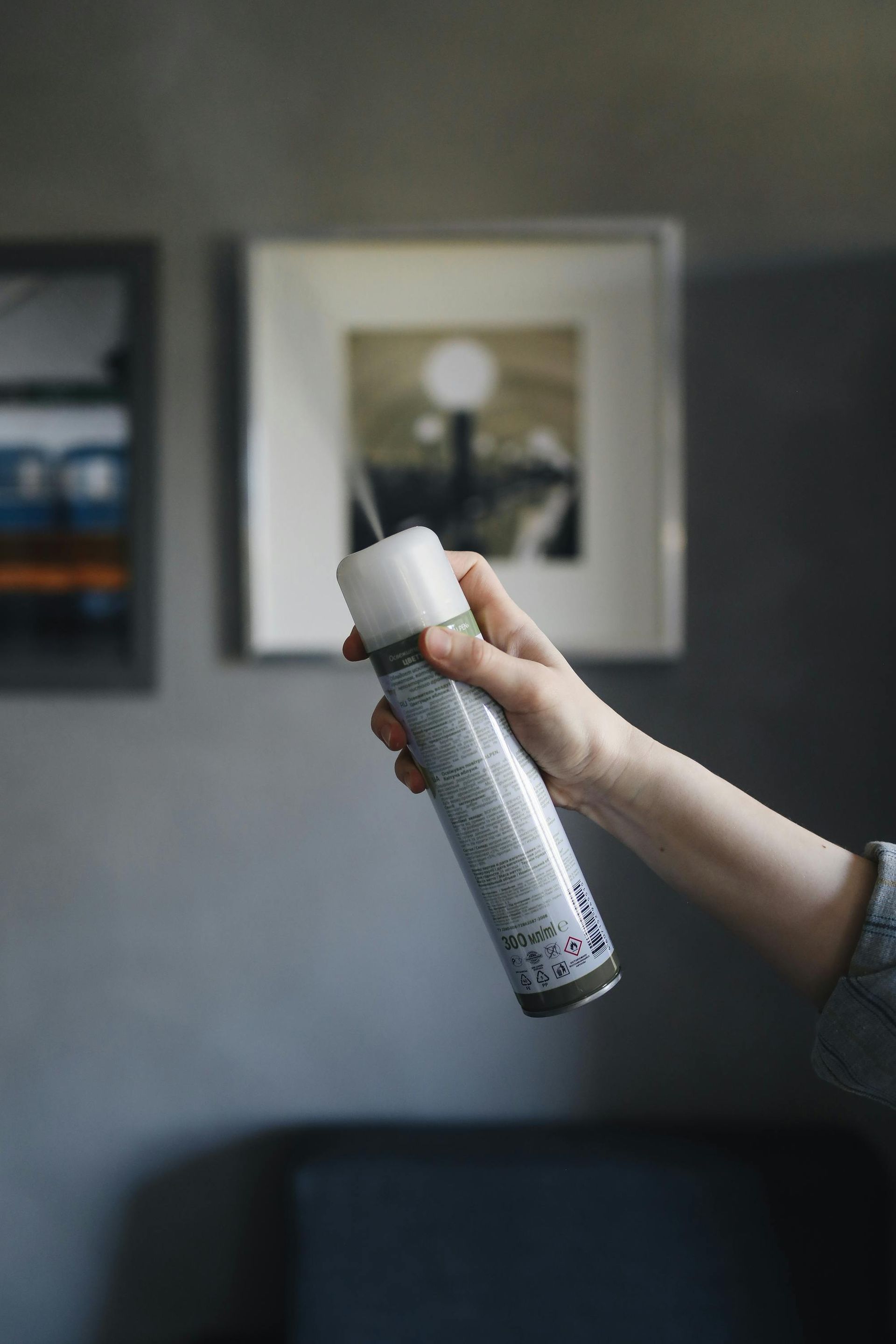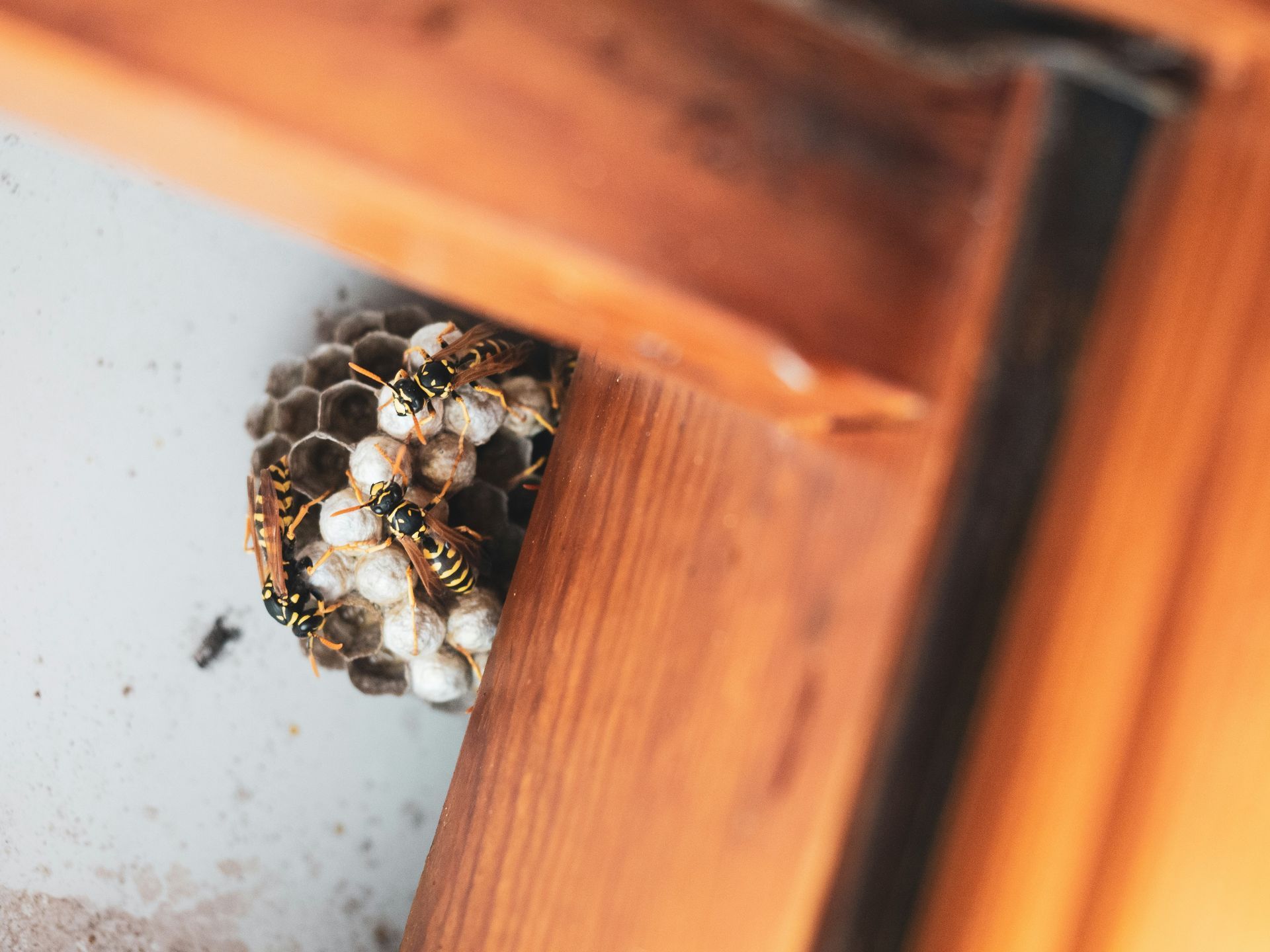What Attracts Ants to Your Kitchen and How to Stop Them
Ants often invade kitchens because they find plenty of things they love: sugary spills, food crumbs, and moisture from leaks. Even tiny drips or spills you might overlook can become a feast for these persistent pests. On top of that, they follow invisible scent trails left by other ants, turning your counters into an endless buffet that’s hard to shut down. To keep ants out, stay on top of cleaning. Wipe surfaces often, sweep floors, and avoid leaving food out in the open. Seal food tightly in containers, fix leaks quickly, and wipe away their trails using vinegar or lemon juice. For broader protection, you might consider exploring general pest control services to help tackle ants and other pests that try to move in.
If you’re wondering whether help is available in your neighborhood, check out the company’s service areas to see where they operate. These simple steps and resources protect your kitchen from unwanted visitors and help maintain a clean, comfortable home.
Key Takeaways
- Ants are attracted to sugary spills, food crumbs, and unattended fruit bowls in the kitchen.
- Moisture from leaks, dripping pipes, and soggy sponges draws ants seeking water.
- Cracks, crevices, and poor seals around doors and windows provide easy ant entry points.
- Regularly clean counters and floors, promptly remove spills, and seal food in airtight containers.
- Disrupt ant scent trails by wiping surfaces with vinegar or lemon juice to confuse and deter them.
Common Food Sources That Draw Ants Indoors
Even a tidy kitchen can attract ants if there’s food around they enjoy. They’re especially drawn to sugar sources like spilled juice, sticky counters, or unattended fruit bowls sitting out on countertops.
But it’s not only about sweets. Ants also crave protein snacks, including crumbs from granola bars, bits of nuts, and pet food left out in bowls. They’ll track down even the tiniest crumbs or traces of syrup you might miss during a quick clean-up. To keep ants out, focus on thorough cleaning and smart storage. Wipe down surfaces after preparing food, sweep or vacuum regularly, and store all snacks in airtight containers. For more targeted strategies against different types of insect problems, you can explore their insect-specific services. The less accessible food is to ants, the fewer reasons they’ll have to visit your kitchen.
How Moisture and Water Leaks Attract Ants
Moisture is another big reason ants come inside. Leaks under sinks, dripping faucets, damp cloths, or soggy sponges create moist spots that ants love because they need water as much as they need food.
Common Leak Sources
Ants thrive wherever they find water. Leaky faucets and tiny drips often leave behind puddles or damp surfaces that draw them in. Plumbing issues hiding behind walls or under sinks can create damp zones that remain undetected for a long time. Dripping pipes or loose connections offer an open invitation for these tiny intruders to move in and set up camp. Check for leaks regularly and repair them quickly to reduce moisture. Even small fixes can make a big difference in discouraging ants from invading your kitchen. For homeowners dealing with other wildlife issues alongside ants, professional critter removal services can help maintain a pest-free environment.
Dampness Encourages Infestation
When moisture lingers, ants treat your kitchen like the perfect habitat. Wet areas from leaky pipes, damp sponges left on countertops, or slow drips create spots where ants can settle and thrive. By keeping your kitchen dry, you remove one of the main things that draws ants indoors. Fix leaks fast, dry surfaces thoroughly, and store sponges or dishcloths where they can air out. A dry kitchen is far less appealing to ants looking for a place to live.
The Role of Scent Trails in Ant Infestations
Ants leave invisible scent trails that help them find food and guide others to the same spots. These trails are made of pheromones, acting like tiny GPS signals for the whole colony.
How Ants Use Trails
Ants leave behind invisible scent trails that help them find food and guide other ants to the same places. These trails, made of pheromones, act like tiny GPS signals for the entire colony, helping them coordinate and work as a team.
Trail Chemicals Explained
Ant pheromones play a huge role in how ants navigate and communicate. They use different types of pheromones to mark paths to food, signal danger, or help identify colony members.
Here’s a quick look at some common trail chemicals:
| Chemical Type | Purpose | Effect on Ants |
|---|---|---|
| Trail Pheromones | Mark paths to food | Attracts fellow ants |
| Alarm Pheromones | Signal danger | Alerts colony to threats |
| Recognition Pheromones | Identify nestmates | Keeps colony organized |
Disrupting Scent Paths
Breaking up these scent trails makes it harder for ants to find their way back to food sources. Wiping surfaces with vinegar or lemon juice removes the pheromone traces they leave behind. Even simple cleaning routines can disrupt their chemical trails and stop them from leading more ants into your kitchen. If you’re curious about other pests that might leave similar hidden traces around your home, check out their helpful article on identifying common house spiders in New Jersey.
Identifying Entry Points Ants Use to Access Your Kitchen
Ants are experts at squeezing through small spaces to get inside. They slip in through cracks, gaps in walls, openings around plumbing, and even tiny spaces under doors. Many homeowners don’t realize how many paths ants can use to gain entry.
Here’s a quick table to help you spot common entry points:
| Entry Point | Where to Check | Why Ants Use It |
|---|---|---|
| Cracks & Crevices | Walls, baseboards, window frames | Tiny gaps let ants slip inside |
| Door & Window Seals | Around door bottoms, window edges | Poor seals make easy pathways |
| Plumbing Openings | Under sinks, near pipes | Moisture attracts ants, easy access |
Effective Cleaning Habits to Deter Ants
Good cleaning habits make a big difference in keeping ants away. Wipe counters daily, sweep or vacuum floors, and quickly clean up any crumbs or spills. Even small bits of food can attract ants, so regular cleaning is essential. Don’t forget your trash can. Keep it tightly sealed and empty it regularly to avoid smells and food scraps that might tempt ants. Clean around kitchen appliances and pantry shelves, where sticky spots and hidden crumbs often gather. Using a mild cleaner not only cleans surfaces but also erases the scent trails ants leave behind.
Natural Remedies and DIY Solutions for Ant Control
Many people prefer natural ways to keep ants away instead of using harsh chemicals. Essential oils like peppermint, tea tree, and lemon mixed with water make excellent sprays for areas where ants might enter. The strong smells repel ants and make your kitchen less appealing. Other options include sprinkling cinnamon, coffee grounds, or vinegar at entry points. These simple remedies help deter ants and are safe for children and pets. Some people even draw chalk lines around countertops, which ants often avoid crossing. Natural remedies are easy to use, affordable, and give you an extra layer of protection against ants while keeping your home safe and chemical-free.
When to Call a Professional Pest Control Service
Natural solutions and good cleaning habits help a lot, but sometimes ants just won’t leave. Calling professional pest control services makes sense if the problem persists despite your efforts. Large infestations, repeated returns, or allergic reactions to ant bites are clear signs you should get expert help. Professionals don’t just remove ants; they also identify what’s attracting them and help prevent future invasions. A pro can help you protect your kitchen long-term and give you peace of mind.
Here’s a quick guide to help you decide:
| Situation | What To Do |
|---|---|
| Ants persist after DIY efforts | Call professional services |
| Large infestation visible | Seek immediate pest control |
| Allergic reactions to bites | Get experts involved |
| You want long-term prevention | Hire professional help |
Frequently Asked Questions
Can Certain Plants Planted Near the House Repel Ants?
Yes, certain plants like mint and lavender act as natural repellents. Planting these herbs near your home helps deter ants while adding beauty and fragrance to your garden. Companion planting creates a pleasant outdoor space that also helps keep ants away from your kitchen.
Do Ants Pose Any Health Risks to Humans?
Some ant species can carry bacteria and contribute to disease transmission, posing minor health risks if they contaminate food surfaces. While most ants aren’t harmful, maintaining a clean kitchen and staying vigilant helps protect your family and prevent potential health issues.
How Quickly Can an Ant Infestation Grow in a Kitchen?
An ant colony can expand rapidly if sanitation slips. Even a few crumbs or spills can attract large numbers of ants in a short time. Keeping your kitchen clean and storing food properly prevents infestations from taking hold and growing out of control.
Are There Specific Times of Year When Ants Are More Active Indoors?
Ant activity indoors often peaks during warmer months. In spring and summer, ants come inside seeking food and shelter as temperatures rise. Staying attentive during these seasons helps you keep your kitchen ant-free.
Can Pets Help Deter or Attract Ants in the Kitchen?
Pets can unintentionally attract ants if food crumbs, spills, or pet food bowls are left out. Cleaning up after your pets and storing their food properly reduces the chances of ants finding a reason to invade your kitchen.
Final Thoughts
Dealing with ants in your kitchen can feel frustrating, especially when it seems like they keep coming back no matter what you do. However, you’re not alone in this challenge. Small, consistent efforts make a big difference. Regular cleaning, sealing up entry points, and fixing leaks help reduce the chances of ants finding food and water in your home.
At Monmouth Pest Control, we’ve helped many homeowners successfully reclaim their kitchens from persistent ant infestations. You can read about real experiences from others who faced similar problems by checking out our
customer testimonials.
